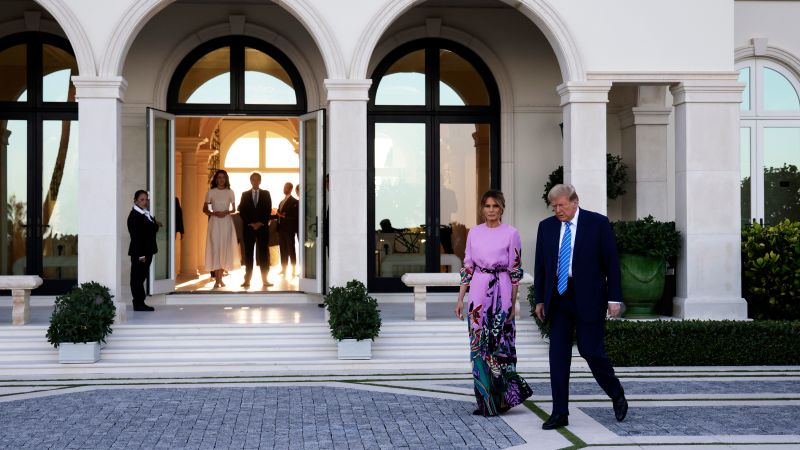At a recent fundraising dinner for former President Donald Trump, wealthy donors contributed a record $50.5 million. Trump outlined his plans for a second term, including extending the tax cuts implemented in 2017, which primarily benefited the rich. This sets him apart from President Joe Biden, who aims to raise taxes on the wealthy to fund social initiatives while protecting those earning less than $400,000 a year from tax increases. Biden’s campaign criticized Trump for promising tax breaks to billionaire donors while potentially cutting health care, Social Security, and Medicare, and raising costs for working families.
The fate of the 2017 tax law’s individual provisions, set to expire at the end of next year, will be determined by the outcome of the White House and Congressional elections in November. If Trump is successful in extending these provisions, the majority of benefits would go to the top 20% of income earners, with over 40% of benefits going to the top 5%. Individuals making between $400,000 and $1 million would see an average tax cut of $15,000, benefiting them by 3.1% in after-tax income. Those earning over $1 million would receive an average cut of $50,000, increasing their after-tax incomes by 2.3%, while only a quarter of those in the lowest income households would see a reduction in taxes, with an average cut of $100, raising their after-tax incomes by 0.5%.
The Tax Cuts and Jobs Act has already favored the wealthy, with the highest-income individuals receiving the largest tax cuts. The law included reductions in individual and corporate income tax rates, the elimination of personal exemptions, increased standard deductions and child tax credits, limitations on certain itemized deductions, and a doubling of the estate tax exemption. It is estimated that the tax cuts disproportionately benefited the rich, further widening the gap between income levels.
It is expected that Trump’s promise to extend the tax cuts if re-elected could lead to additional tax benefits for the wealthy, while Biden aims to increase taxes on the rich to fund social programs and protect lower-income individuals from tax hikes. The divide between the two candidates on tax policies highlights the differing priorities in their campaigns and the potential impact on income inequality in the country. The outcome of the elections in November will determine the future of the tax laws and their impact on various income groups.
Overall, the debate over tax policies between Trump and Biden underscores the broader issue of income inequality and the distribution of wealth in the country. The wealthy donors who contributed to Trump’s fundraising dinner stand to benefit from potential tax breaks if he is re-elected, further emphasizing the significance of tax policy in determining economic outcomes for different income levels. Ultimately, the choice between the candidates will have a significant impact on the tax landscape and economic disparities in the United States.


